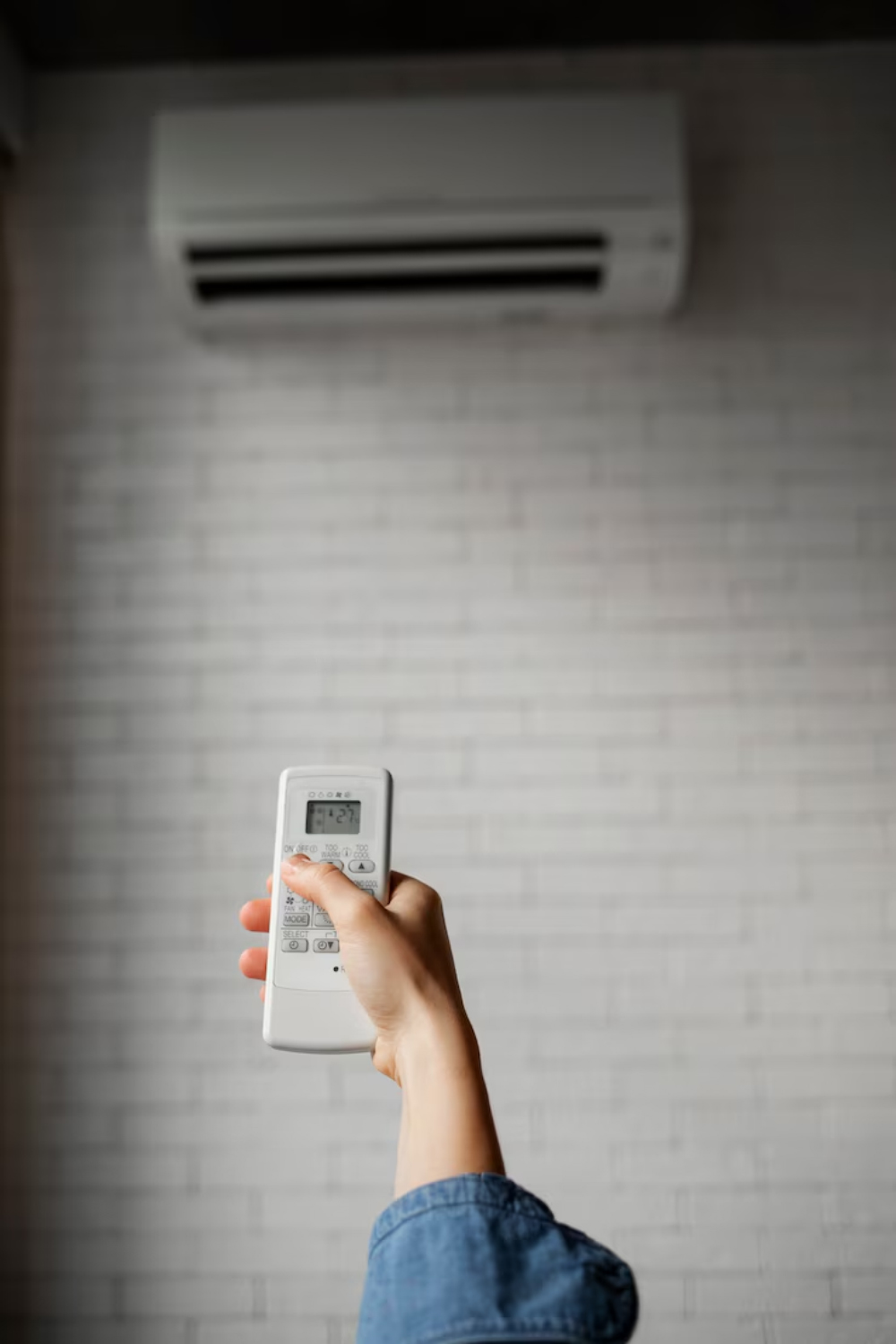
Waking up in the middle of the night can be annoying, particularly if you find it difficult to fall back asleep. A restless night can make you drowsy the following day, impacting your energy, mood, and productivity. If you find yourself gazing at the ceiling frequently after a surprise wake-up, then you're not alone. The good news is that there are easy ways to get your body and mind to relax back into sleep. Here are seven tips to get you falling back asleep in no time and waking up feeling refreshed.
Table of Content:-
Tips to Fall Back Asleep After Waking Up At Night
1. Keep the Lights Low

Bright lights can fool your brain into believing that it's wake-up time. If you have to get up, either to use the bathroom or grab a drink of water, try not to turn on overhead lights. Instead, use a nightlight or keep the brightness on your phone low. Light exposure blocks melatonin, the sleep hormone, so keeping your environment dark helps signal your body that it’s still time to rest.
2. Don't Check the Clock
It's tempting to look at the clock to determine how many hours you have remaining to sleep, but this can be stressful. Seeing the minutes tick away could make you anxious about losing sleep, making it more difficult to unwind. If you find yourself habitually checking the time, think about turning your clock away from your bed or keeping your phone out of reach.
3. Avoid Screens
Browsing your phone or watching television may appear to be a distraction from insomnia, but the blue light from screens can disrupt melatonin production. Even if you keep your brightness low, consuming content, such as reading headlines or viewing social media can activate your brain, making it more difficult to relax. If you're instead looking for a distraction, listen to a soothing audiobook, gentle music, or a sleep meditation.
4. Try Deep Breathing or Meditation

Soothing your nervous system can facilitate you slipping back into sleep. Techniques, such as deep breathing, progressive muscle relaxation, or meditation can facilitate decreasing your heart rate and relaxation. A simple one is the 4-7-8 breathing method:
- Breathe in through your nose for four seconds.
- Breathe in and hold for seven seconds.
- Breathe slowly out through your mouth for eight seconds.
- This process can be repeated several times in order to calm your body and mind, making it simpler to fall asleep again.
5. Get Out of Bed (If Necessary)
If you've been lying awake for longer than 20 minutes and are unable to sleep, getting up from bed could be helpful. Lying in bed and not sleeping can become a psychological association between your bed and being awake. Attempt to go to a different, darker room and have a relaxing task, such as reading a book (not one on a device) or listening to calming noises. When you're sleepy once more, return to bed.
Also Read: How Does Cortisol Affect Sleep? Expert Shares Insights
6. Adjust Your Room Temperature

Temperature is an important factor in sleep quality. If you feel too hot or too cold upon waking, try changing your surroundings. Ideally, a cool room at 60-67°F (15-19°C) is best for sleeping. If necessary, adjust your blankets, use a fan, or change to light bedding to have a comfortable temperature conducive to sleep.
7. Practice a Sleep-Friendly Nighttime Routine
If waking in the middle of the night is a regular problem, altering your nighttime routine by small measures can enhance your general sleep quality. Refrain from consuming caffeine and heavy meals near bedtime, reduce alcoholic drinks, and engage in soothing activities, such as stretching, writing in a journal, or soaking in a warm bath before sleeping. Maintaining a consistent sleeping schedule also conditions your body to adhere to a natural pattern, lowering the possibility of middle-of-the-night awakenings.
[Disclaimer: This article contains information for informational purposes only. Hence, we advise you to consult your professional if you are dealing with any health issue to avoid complications.]
Also watch this video
How we keep this article up to date:
We work with experts and keep a close eye on the latest in health and wellness. Whenever there is a new research or helpful information, we update our articles with accurate and useful advice.
Current Version
